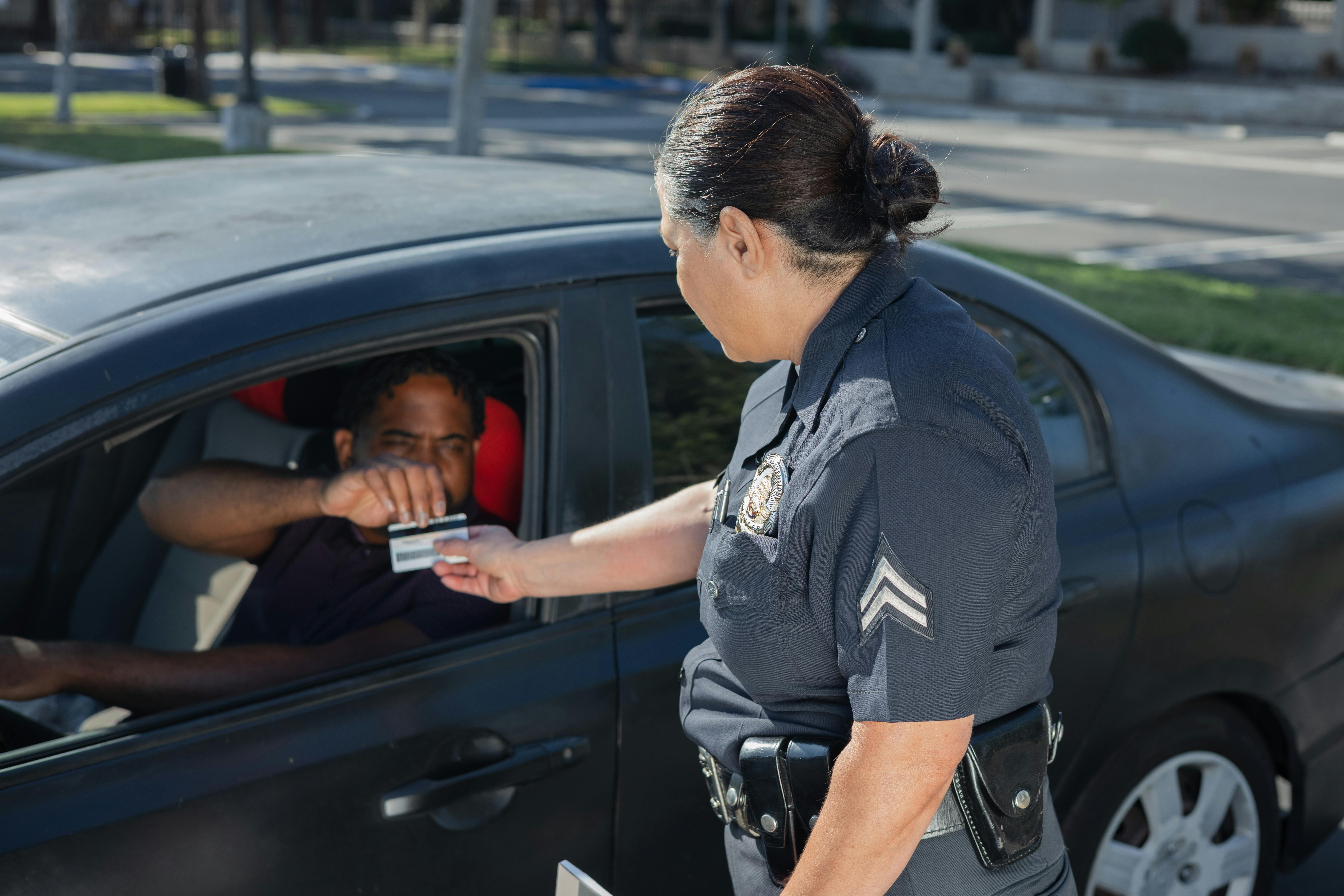
Experienced Counsel
The Stakes Are Too High
Impaired driving laws and penalties in Minnesota are so severe that the usual plea bargains often lead to unreasonable concessions. This makes it even more important to hire an experienced and aggressive criminal defense lawyer.
We force the state to prove their case, not simply show you how to plead guilty at the first opportunity. Where some attorneys see quick guilty pleas as a best-case scenario for a client, we know this is rarely the case. You need an attorney who demands the state provide all the evidence related to your charges and takes the time to go through it. Anything less leaves you without a full defense.
When officers fail to follow their training, it helps your case and gives us something to fight about in court. The only way to find out if officers made a mistake with your case is by hiring experienced attorneys to defend your case.




